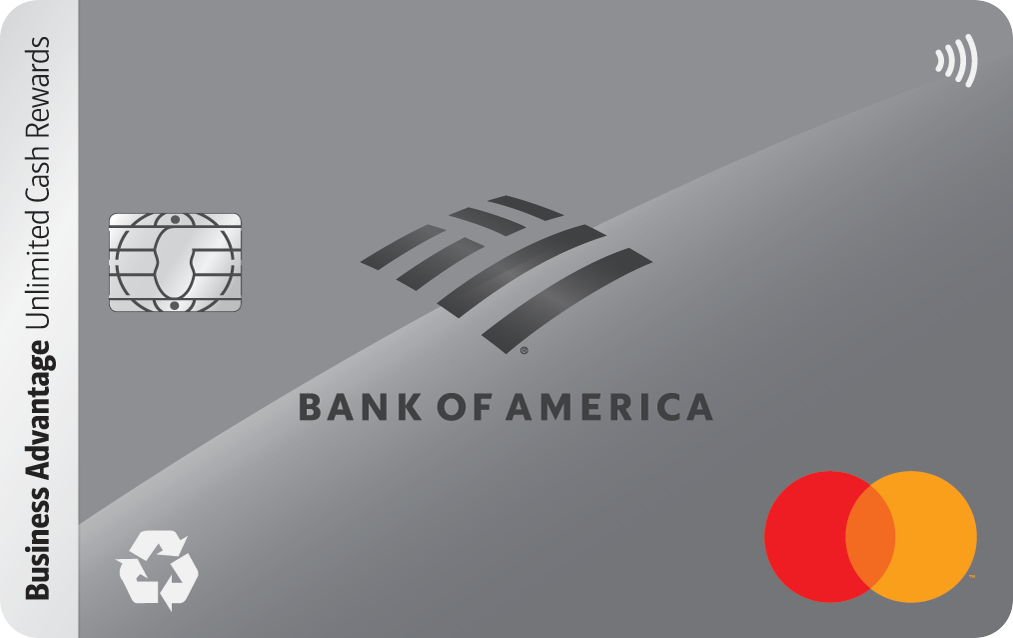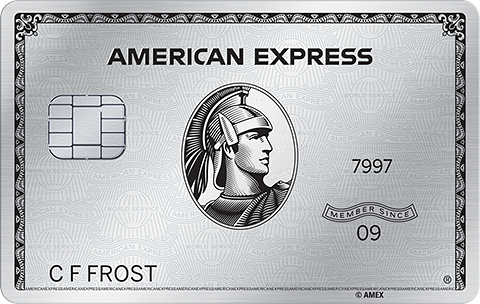6 Hidden Costs of International Travel
KEY POINTS
- Traveling to other countries is a great way to see more of the world and enjoy new experiences.
- When you travel abroad, you should be aware of potential extra costs before you depart so you can outline your vacation budget.
- Foreign transaction fees, checked bag fees, and data roaming charges are some extra expenses that could make your trip more expensive.
Double-check your travel budget before your next adventure.
Traveling abroad can be exciting, but it requires planning. Before taking an international vacation, it's a good practice to outline an itinerary and prepare for all of the possible expenses of your upcoming adventure.
If you're not careful, hidden costs may come up, and these costs can break your budget and make your trip stressful. Watch out for these hidden expenses.
1. Foreign transaction fees
When you travel abroad, you'll be paying in the local currency. If you're not using a credit card with no foreign transaction fees, your purchases can quickly get expensive. Most cards that charge these fees charge 3% of the purchase price. You can prepare by bringing a no foreign transaction fee credit card to help you stay on your vacation budget.
2. Checked baggage fees
Unless you're a light packer, it can be pricey to fly with a checked bag. Depending on the route, some airlines charge a fee for each bag you check. It can easily cost $30 or more per bag each way. If your airline ticket doesn't include a checked bag, using airline credit cards with checked baggage perks can be an easy way to eliminate extra fees.
3. Taxes and fees
When traveling to another country, you should also be aware of the potential that there may be additional taxes and fees to pay when you check in to your accommodation.
For example, many European cities charge a city or tourist tax, usually collected when you arrive at your hotel or home rental, rather than being tacked on to the price you already paid.
Keep this in mind when making reservations so you can budget for these extra charges.
4. Data roaming charges
While it would be nice if your cell phone could work globally without extra fees, that's not always the case. Many mobile service providers charge fees to use data abroad. If you're not careful, this expense can get pricey.
Check if your service provider offers a travel-friendly plan before your next international trip, or consider switching to a global data–friendly mobile service provider.
Another option is to buy a local SIM card once you arrive at your destination to continue using your phone affordably.
5. Money conversion fees and ATM fees
When you go to another country, you'll need to use the local currency when paying in cash. It's essential to plan how you will get local currency. It may be more affordable to get foreign currency from your bank at home.
Another option is to convert your cash once you arrive. If you plan to do this, consider the conversion rates and any fees that will be charged before doing so to make sure that you're making a smart choice.
If you plan to use an ATM to get currency when you arrive, you should also consider whether you will be charged ATM fees.
6. Wifi charges
While many international destinations have plentiful wifi in public spaces and stores, restaurants, and cafes, not all do. It's worth researching whether you'll be able to connect easily at no extra cost when traveling to your destination. If not, you may need to prepare to pay for wifi or spend some extra money at places that offer wifi to customers.
Considering these potential costs now can help you better plan your vacation budget. As you make reservations, consider using a travel credit card to pay for your travel expenses so you can earn valuable rewards.
If you're new to travel rewards, review our list of the best travel rewards credit cards to learn more about how you can benefit from using this type of credit card.
Our Research Expert




